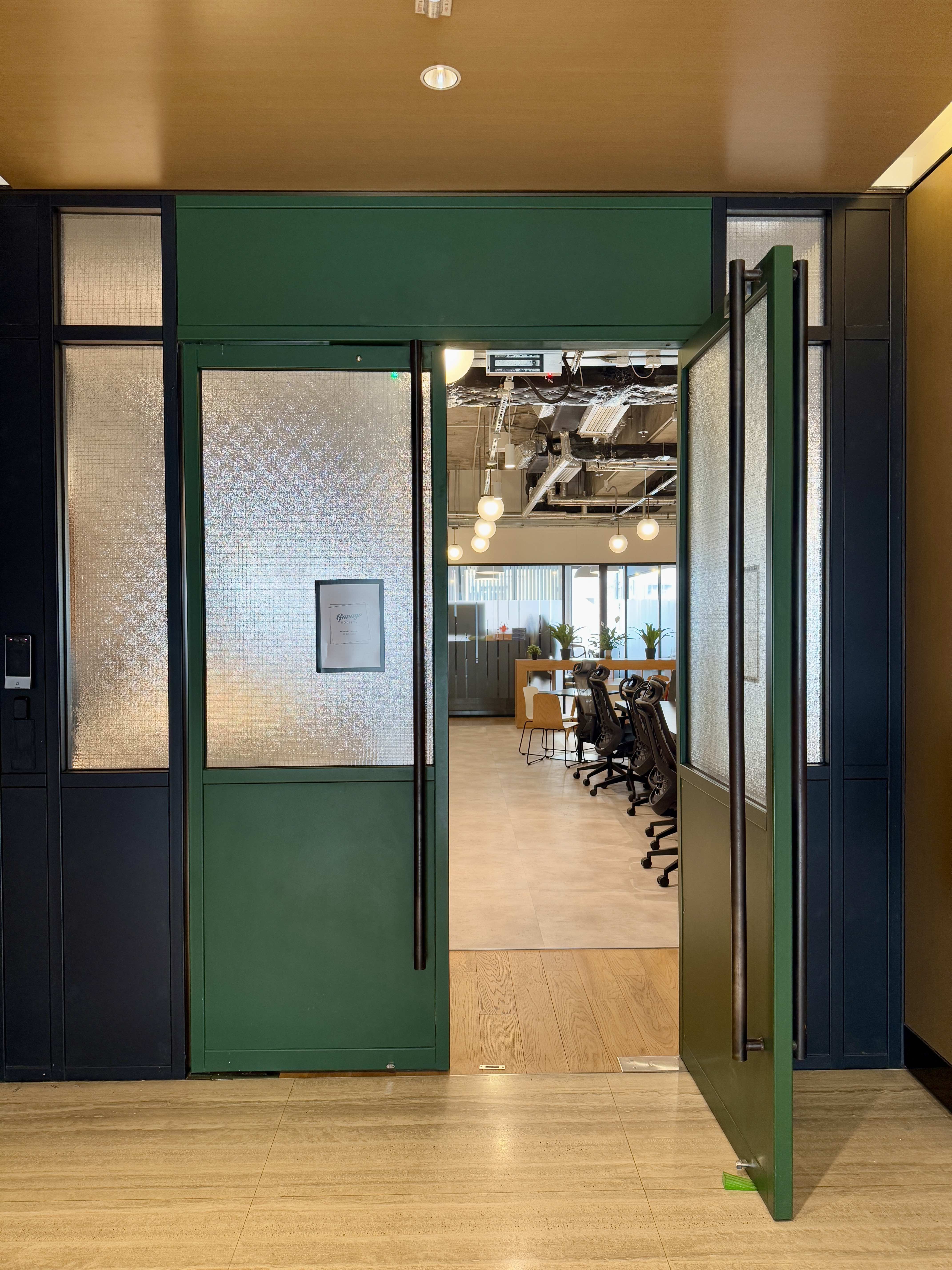LOCATIONS
Hong Kong
-
Facebook
-
LinkedIn
-
Instagram
-
Youtube
As we move further into the 21st century and become more aware of how our actions affect our environment and societies, a lot of words keep popping up that were not even in our vocabulary a few decades ago. Things like sustainability, having a green building, reducing our carbon footprint, and of course, Corporate Social Responsibility (CSR), are all things that companies around the world are doing their best to achieve.
Defining CSR is almost impossible to do in one simple sentence since there are many activities that contribute to this movement, including:
It has typically been larger companies and corporations that have felt obligated to play their part in corporate social responsibility. But any smaller business, including startups, can also have an impact.
Not only do CSR initiatives benefit society in more ways than one, it can also be a beneficial factor in terms of your overall marketing strategy. Being known as a startup that is sustainable and contributes to society gives you greater brand perception and helps build loyalty and trust.
Initiating and maintaining CSR in your startup will give you more transparency as a business and give you an edge over competitors. Plus, you’ll be able to attract the right type of employees when the time comes to expand. After all, you are what you build.
Getting started with corporate social responsibility doesn’t need to mean spending a huge chunk of cash – something that usually isn’t feasible with the majority of startups.
Here are some ideas that you can start implementing in your startup to assist with your CSR strategy:
Providing a safe and supportive environment is one of the key activities of corporate social responsibility, so ensuring that your business is fair to everyone regardless of age, sex, or race is crucial. Make sure that your harassment or discrimination policies are firmly intact and that all employees feel comfortable with speaking up.
Related Articles:
A big part of corporate social responsibility is working to help the lives of others. Find a charity or local community that you can align with – but make sure it’s something that all staff can get behind.
There are several ways that you can help:
It doesn’t matter that you can only help out in a small way now. Just getting the ball rolling and putting a plan in place is starting off on the right foot.
With the strain our natural resources and environment are under in order to meet the needs of manufacturing for a growing population, it’s important to your CSR to only work with ethical suppliers who are environmentally sustainable. This means aligning yourself with partners and other businesses who share the same corporate social responsibility views so you can honestly share where your products are coming from with the public. You don’t want to get down the line and realize that you are losing customers, all because the items used to make your products are sourced unethically.
Having a sustainable workspace for your startup goes beyond adding a few plants to make a green office, you need to think about the overall environmental impact. Also, how the office is designed can be a big factor in the overall health and productivity of your staff.
Rather than renting out an office space that could be a waste of valuable resources, a coworking space like Garage Society is a great solution. Not only are the workspaces set up in a sustainable way, they also promote creativity and collaboration.
If you are a startup founder in need of a place to set up shop, Garage Society could be just the place you are looking for. We’d love to invite you in for a tour and to discuss just how using a coworking space can help with your corporate social responsibility strategy, so please feel free to contact ustoday!
 Garage Blog
Introducing Garage Society's Newest Premium Workspace at Tower 535 Causeway Bay
Garage Blog
Introducing Garage Society's Newest Premium Workspace at Tower 535 Causeway Bay
We're thrilled to announce the opening of our newest Garage Society location in the heart of Hong Kong's most dynamic business district!
Garage Society Causeway Bay brings our signature blend of community, innovation, and premium workspace to Causeway Bay's prestigious commercial hub.
 Garage Blog
From Flat White to Flexspace - The Best Coffee Spots Near Garage Society Locations
Garage Blog
From Flat White to Flexspace - The Best Coffee Spots Near Garage Society Locations
Looking for the perfect cup of coffee to fuel your workday?
Members enjoy free coffee 24/7 in our spaces, but sometimes they need a change of scenery (or bean!). That's why we've compiled this guide to our members favourite independent coffee shops near each Garage Society location!
Whether you're a dedicated hot desk member or just exploring flexible workspace options, stay caffeinated and inspired with our picks below: